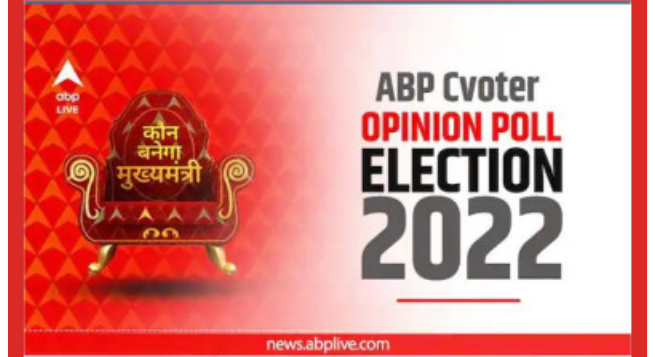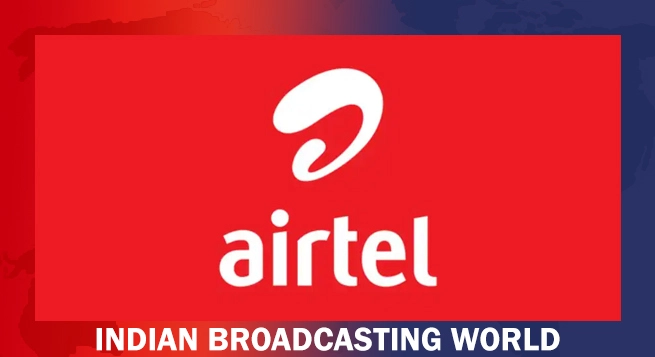ABP News-CVoter’s (Centre for Voting Opinion & Trends in Election Research) third opinion poll predicts a close contest between the Bharatiya Janata Party (BJP) and the Indian National Congress (INC) in the upcoming assembly elections in Himachal Pradesh.
As per the opinion poll, BJP is expected to lead the assembly elections with 31-39 seats. However, their vote share is likely to decline from 48.8 percent in 2017 to 44.8 percent.
The INC is a close second and is predicted to win 29-37 seats and their vote share is expected to rise from 41.7 percent in 2017 to 44.2 percent. AAP is expected to win 0-1 seats with a vote share of 3.3 percent, while others are expected to win 0-3 seats and receive a vote share of 7.7 percent, according to a press release from ABP Network.

ABP News-CVoter also conducted a snap poll in Himachal Pradesh and one of the questions posed to the voters was: who do they think is the most preferred candidate to be the next Chief Minister of Himachal Pradesh?
 In response to the question, 33.7 respondents said they were in support of Jai Ram Thakur (BJP), 19.7 percent respondents voted in favor of Anurag Thakur (BJP), 20.3 percent respondents voted for Pratibha Singh (INC), 2.4 percent people were in support of AAP candidate, 7.4 percent respondents were in support of Mukhesh Agnihotri (INC) and 16.5 percent respondents were in support of other CM candidates.
In response to the question, 33.7 respondents said they were in support of Jai Ram Thakur (BJP), 19.7 percent respondents voted in favor of Anurag Thakur (BJP), 20.3 percent respondents voted for Pratibha Singh (INC), 2.4 percent people were in support of AAP candidate, 7.4 percent respondents were in support of Mukhesh Agnihotri (INC) and 16.5 percent respondents were in support of other CM candidates.

Another question posed to the respondents was: what according to them is the most important issue at the moment?
As many as 48.7 percent of respondents identified unemployment as the biggest challenge, 13.6 percent of respondents considered Electricity/Water/Roads, 5.5 percent of respondents considered the government’s performance during the pandemic to be the most important issue, 5.4 percent of respondents considered farmers’ issue, 2.8 percent respondents identified law and order, 7.0 percent people said corruption in government works was the key issue, 2.9 percent people considered national issues, 6.3% people considered inflation while 7.8 percent respondents identified other issues as the biggest challenge.
 Telecom subs base up marginally; Trai withholds updated b’band data
Telecom subs base up marginally; Trai withholds updated b’band data  WAVES driven by industry; govt just a catalyst: Vaishnaw
WAVES driven by industry; govt just a catalyst: Vaishnaw 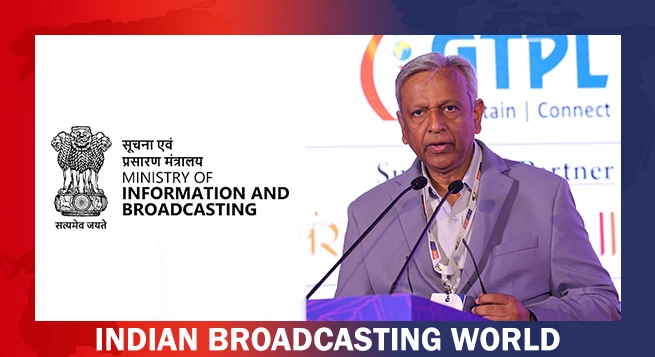 In officials’ reshuffle, Shankar moves out of MIB; Prabhat comes in
In officials’ reshuffle, Shankar moves out of MIB; Prabhat comes in 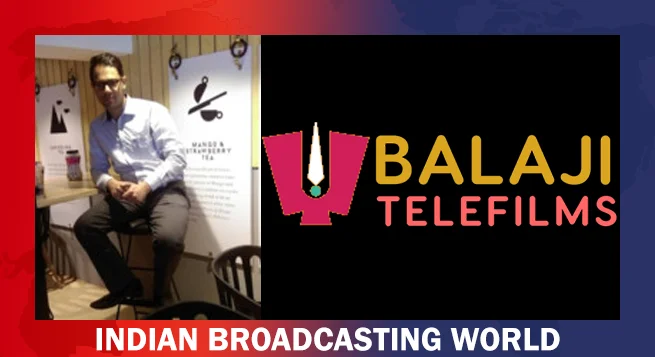 Balaji Tele elevates Viren Trivedi to finance controller
Balaji Tele elevates Viren Trivedi to finance controller 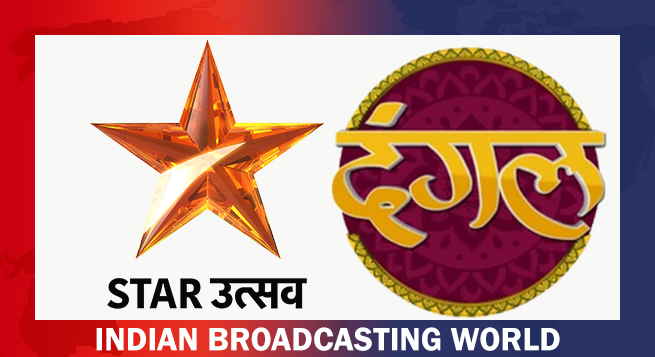 Star Utsav beats Dangal to be top FTA channel
Star Utsav beats Dangal to be top FTA channel  WAVES key to merging India’s heritage with digital future: IAMAI
WAVES key to merging India’s heritage with digital future: IAMAI  ‘Suswagatam Khushamadeed’ teaser promises cross-cultural love story
‘Suswagatam Khushamadeed’ teaser promises cross-cultural love story 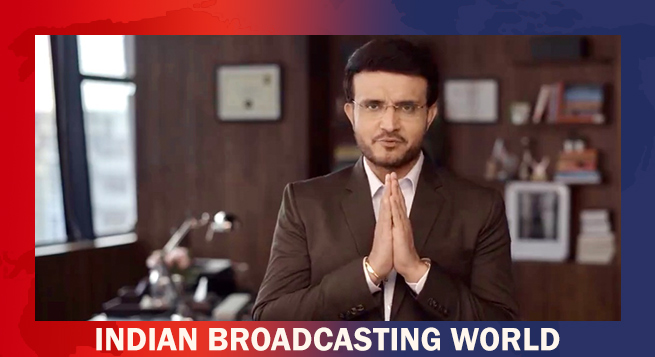 Sourav Ganguly starts new inning with Star Jalsha; remuneration: Rs. 125cr
Sourav Ganguly starts new inning with Star Jalsha; remuneration: Rs. 125cr 


